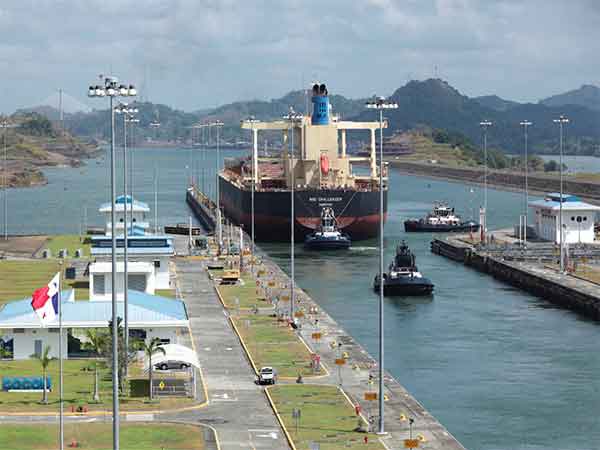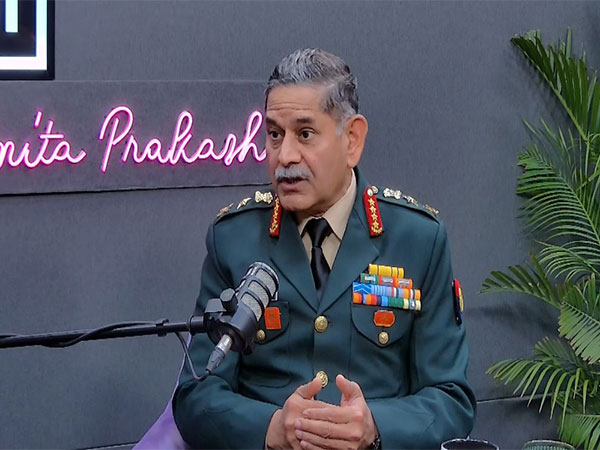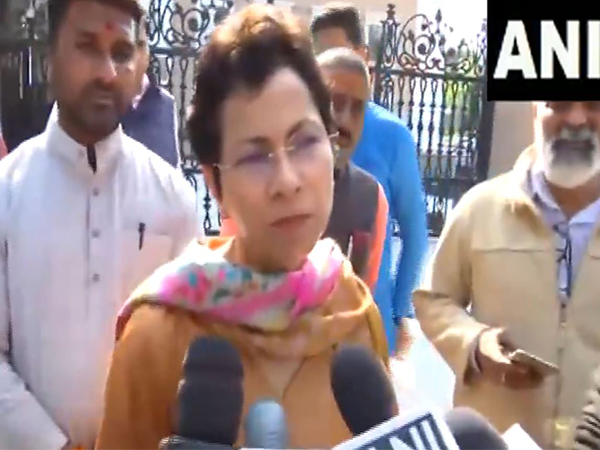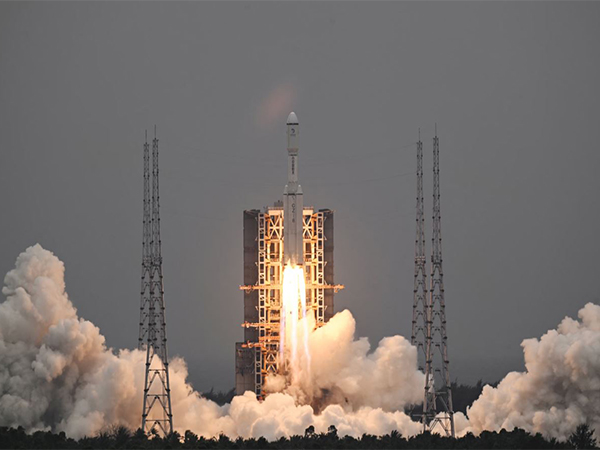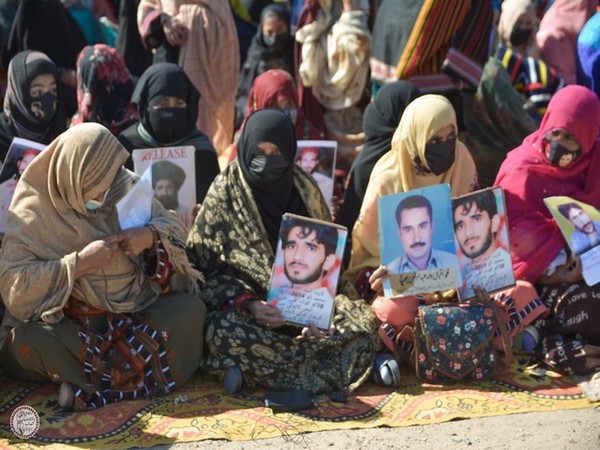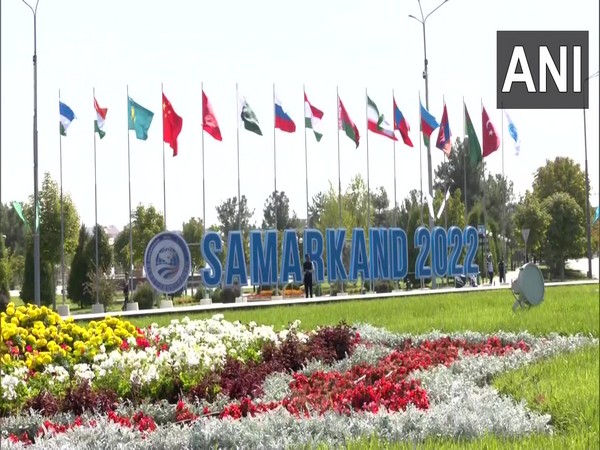
New Delhi [India], September 14 (ANI): The 22nd Summit of the Council of Heads of the Shanghai Cooperation Organization Member States (SCO-CoHS) is set to take place in the historical city of Samarkand in Uzbekistan from September 15 to 16.
This would be the first in-person SCO-CoHS Summit, after the last one held in June 2019 in Bishkek, before the Covid pandemic hit the world as the subsequent two summits under the chairmanship of Russia and Tajikistan were held in virtual format.
While the presence of Xi Jinping and Vladimir Putin at the SCO Summit has attracted enough buzz in the media, the attendance of Prime Minister Narendra Modi becomes equally relevant in the backdrop of India assuming the rotational annual presidency of the SCO at the end of the Samarkand Summit in Uzbekistan.
The Shanghai Five, formed in 1996, became the Shanghai Cooperation Organisation (SCO) in 2001 with the inclusion of Uzbekistan. With India and Pakistan entering the grouping in 2017 and the decision to admit Tehran as a full member in 2021, SCO became one of the largest multilateral organisations, accounting for nearly 30 per cent of the global GDP and 40 per cent of the world’s population.
India has resolutely called for the deepening of cooperation on regional security-related concerns, defence, countering terrorism, illicit drug trade etc. The SCO also provides India with an opportunity to initiate multilateral and regional initiatives on counter-terrorism and deal with the illicit drug trade, which is now being used by its neighbours to inflict social wounds and target India’s youth.
For example, Pakistan is using narco-terrorism as a new weapon in its proxy war against India. The Kashmir Valley has seen a 2,000 per cent rise in heroin abuse in the last five years. New Delhi can tackle these challenges at the SCO forum via diplomacy by highlighting such behaviour of its neighbour.
India, from the time of its full membership, made sincere efforts to encourage peace, prosperity, and stability of the whole Eurasian region in general and SCO member countries in particular. SCO can also be a vocal platform for New Delhi to push the agenda of regional and cross-regional connectivity that could force Pakistan to moderate its views and approach to linking Central Asia and South Asia.
Pakistan has already stonewalled the strategic, economic and cultural interests of New Delhi by not facilitating connectivity and energy projects like Turkmenistan-Afghanistan-Pakistan-India (TAPI) power transmission line via its territory. In this context, New Delhi can also use the SCO to push for the Chabahar port project and International North-South Transport Corridor (INSTC).
India, Iran and Uzbekistan also established a trilateral working group in 2020 to seek greater convergence on Chabahar port and other connectivity projects. In an era of multi-vector foreign policy, SCO can be harnessed to ensure greater harmony among the member countries to meet common challenges and geostrategic concerns. So far, Russia and China seem to be in the driver’s seat of SCO; however, India, with its growing regional and global economic clout and strong intellectual capital, has to think in terms of investing its diplomatic capital in evolving SCO’s agenda and progressive programme.
Additionally, India can also leverage its time-tested bilateral relations with Russia, Iran and the Central Asian Republics (CARs) to enhance its role within the forum.
China used India-Pakistan hostility for its hegemonic pursuits. It also used the much-hyped Belt and Road Initiative (BRI) to expand its commercial footprints in Central Asia, strategically located at the crossroads of Asia and Europe. The China-Pakistan Economic Corridor (CPEC), a flagship programme under BRI with US$ 62 billion worth of investments in energy and infrastructure projects in Pakistan, increased the geo-strategic, geo-economic and security concerns of India.
CPEC cuts through Pakistan-occupied Kashmir and violates India’s sovereignty, forcing India to distance itself from the BRI. New Delhi can leverage the relationship with Russia, Iran and CARs to challenge and checkmate the China-Pakistan axis.
SCO also has potential in various new sectors, wherein all the member-states could find converging interests. India has already pushed hard for cooperation in Startups and Innovation, Science and Technology and Traditional Medicine.
Uzbekistan, known for its civilisation glory and given its centrality in the Eurasian region, is set to take the chairmanship of SCO in 2024 at a time fraught with global and regional tensions.
The relationship between India and Uzbekistan goes back to the historical Silk Road. Close cultural and historical links have existed between India and Uzbekistan for thousands of years and the influence is visible in architecture, dance, music and cuisine. India also had a close interaction with the Uzbek SSR during the Soviet era, and many leaders visited the region. After the breakup of the Soviet Union, India was one of the first countries to recognise independent Uzbekistan.
The subsequent period saw frequent high-level visits by the top leadership of both countries, boosting the bilateral relationship. The budding relationship was further strengthened by the visit of Prime Minister Narendra Modi in 2015 and subsequent high-level and reciprocal visits by Uzbek President Shavkat Mirziyoyev.
The two countries have growing convergence on defence, security, connectivity and trade between India and Central Asia. For this purpose, India and Uzbekistan have signed many agreements, including the joint working group on counter-terrorism and agreed to expand cooperation in the fields of defence and cyber-security. To strengthen the bilateral relations, Uzbek president Mirziyoyev visited India in 2018 and 2019 and signed MOUs on trade, tourism, import of Uranium from Uzbekistan, technology and innovations.
India, Iran and Uzbekistan also established a trilateral working group in 2020 to seek convergence on Chabahar port and other connectivity projects. The second meeting of the trilateral working group emphasised the Shahid Behesti Terminal at Chabahar Port and urged for the further development of the transportation corridor between South Asia and Central Asia.
Uzbekistan views the Chabahar port as an opportunity to diversify its export markets in oil and gas to control the ambitions of China. Given their convergence on a lot of pressing issues like connectivity, regional security, counter-terrorism, defence and cyber security; both India and Uzbekistan can use the SCO platform to further engage and push on these issues.
India has always accorded due importance to multilateral institutions and has been one of the most active players in global and regional multilateral institutions like the UN. The membership of SCO is consistent with India’s willingness to play an active role in multilateral settings. Besides, SCO also adds the Eurasian as well as a continental dimension to India’s foreign policy outlook.
On the other hand, the region otherwise dominated by Russian and Chinese influence also finds India as a trustworthy and dependable strategic player that will provide much-needed assistance and ensure a stable balance of power in the region, in view of the fact that it has no territorial designs and historical conflicts with states and ethnicities in the region.
Further, the changing regional and global security and economic context in the wake of the Russia-Ukraine conflict has necessitated closer regional cooperation in the areas like connectivity and energy. The International North-South Transport Corridor (INSTC) could be a game-changer for SCO member-states as it will connect them with India and the Indian Ocean and diversify their trade partners and routes. The role of Iran will be critical in this regard. (ANI)
